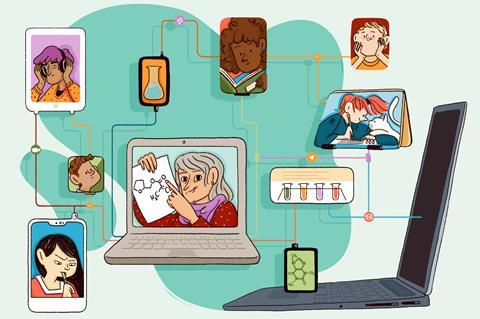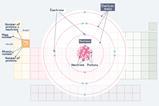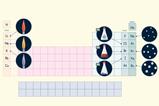Niki Kaiser outlines the Education Endowment Foundation’s advice for both content and strategy
A few years ago, our school shut for a week because of snow, and I remember worrying about my classes falling behind. I posted lots of work online for my students, but most of them ignored it and went sledging! This was understandable, because they all expected to be in school again the week after, but our current situation is very different. Schools are unlikely to return to normal for some time.
With hindsight, my students’ lack of engagement was perhaps predictable. Schools involved in previous Education Endowment Foundation (EEF) studies found that remote teaching is much more difficult than simply providing children with a set of materials and letting them get on with it.

Successful learning at home
Children learn less when they’re not with us in school, and the current situation will hit our most vulnerable students hardest. We know that to be most effective, remote learning requires ongoing involvement from teachers, focusing particularly on the most disadvantaged.
The children we teach face a range of challenges, within a range of home contexts. Some students will be well supported and highly motivated, with good access to technology. Others will have limited access to the internet or devices, are living in more challenging surroundings, and will find it more difficult to adjust. The EEF has produced a range of resources to help schools communicate with parents/carers, and help them to support home learning routines.
The children we teach face a range of challenges, within a range of home contexts. Some students will be well supported and highly motivated, with good access to technology. Others will have limited access to the internet or devices, are living in more challenging surroundings, and will find it more difficult to adjust. The EEF has produced a range of resources to help schools communicate with parents/carers, and help them to support home learning routines.
Teachers have been responding to this novel situation with energy and creativity, and it has been heartening to see the range of support and resources that have been offered by individuals and organisations. But one of the first lessons we learn as teachers is that having excellent resources is not, in itself, enough. You need to be clear about how and why you’re using them.
To ensure that the work we set is effective, we need to think just as hard about how we teach as we do about the resources and hardware used to deliver it, according to the EEF’s recently published rapid review on remote learning. To help teachers frame their thinking, the EEF has produced a planning framework, rooted in the Metacognition guidance report. It centres around five principles:
To ensure that the work we set is effective, we need to think just as hard about how we teach as we do about the resources and hardware used to deliver it, according to the EEF’s recently published rapid review ‘Best evidence on supporting students to learn remotely’. To help teachers frame their thinking, the EEF has produced a planning framework, rooted in the Metacognition guidance report. It centres around five principles:
- Activate: what we learn depends on what we know already, so remind students of relevant ideas they’ve met before.
- Explain: focusing on the thought processes behind decisions, as well as the strategies themselves, helps students develop independence.
- Practise: students will need guided practice to develop independence, so encourage them to use scaffolds, and include a range of questions for each new idea.
- Reflect: self-regulated learners reflect on what they’ve done, so prompt your students to think about what went well and what they’ll do in future, at the end of a learning sequence.
- Review: retrieving key ideas aids long-term retention, so incorporate questions from previous topics into quizzes and current work.
Motivation is an important aspect of self-regulation, so don’t forget to show students why lessons matter, just as you would in the classroom. Explain how lessons fit with previous and upcoming work and set concrete goals with clear success criteria, then they know where they’re heading.
Home school isn’t school, but by looking to research, we will be able to support students more effectively, even as we adapt to our ‘new normal’.














No comments yet